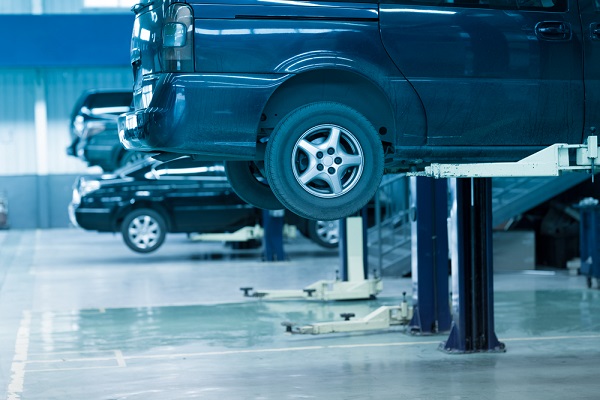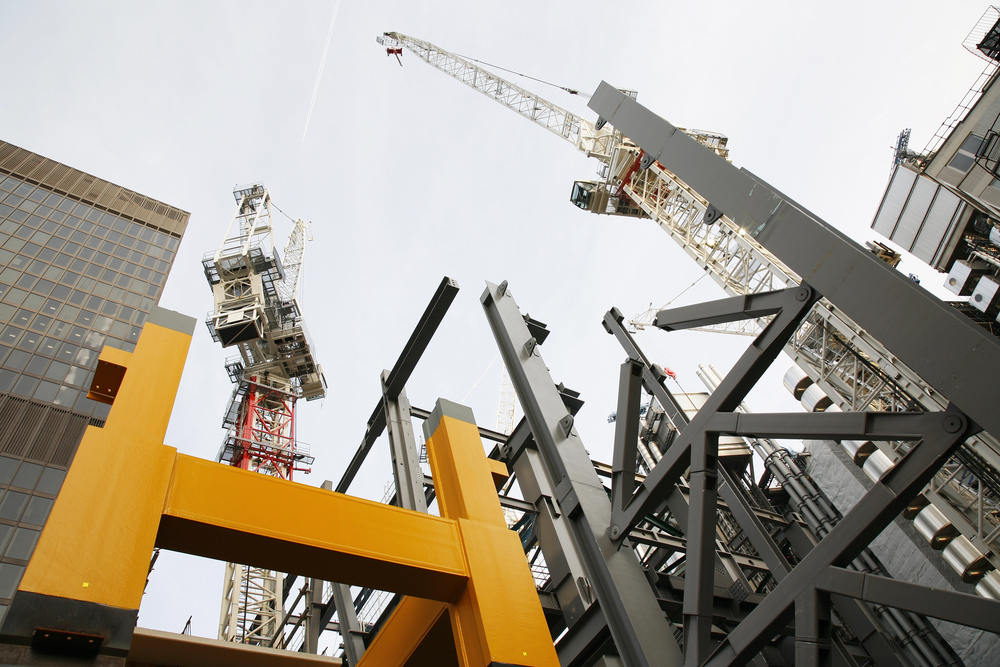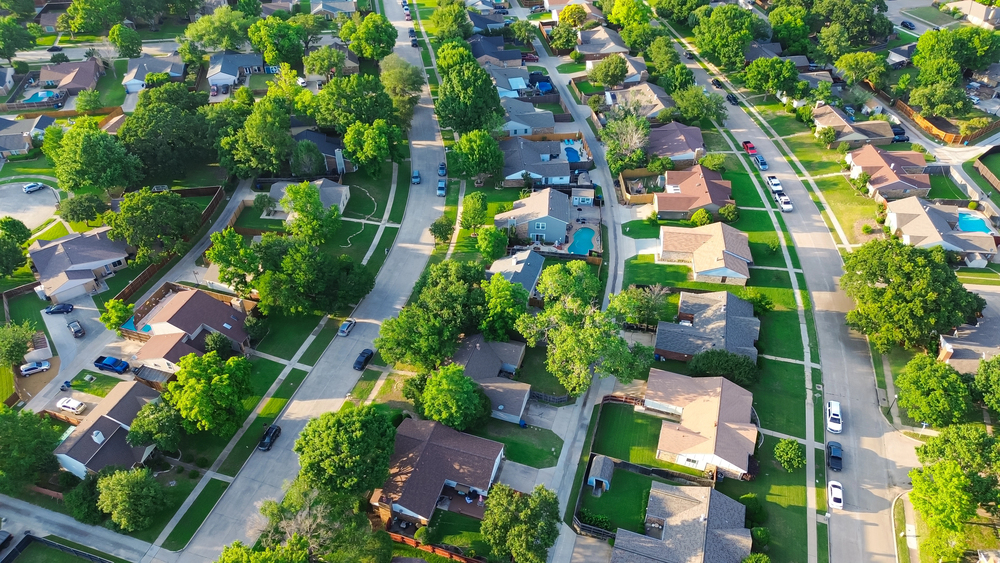2022 Auto Claimants Are Waiting 18 Days for Collision Repairs

By: AnneMarie McPherson Spears
Auto claimants waited an average of 17.7 days for collision repairs in the second quarter of 2022, up from 13.2 days in the second quarter of 2021, according to a report from Enterprise Rent-a-Car.
In the report, Enterprise tracked the average length of collision-replacement rentals made on behalf of auto policyholders to extrapolate the repair times. While the repair times in the second quarter of 2022 jumped compared to the same period in 2021, they decreased by half a day compared to the first quarter of 2022, when the average wait was 18.2 days.
Alaska had the highest length of rental for collision replacement related-rentals at 22.1 days, which is also the highest year-over-year increase at 7 days. Louisiana came in second at a 21.9-day wait for collision repairs, followed by Rhode Island at 21.0 days.
Hawaii had the lowest length of rental at 13.1 days and the lowest increase from the second quarter of 2021 at 1.2 days followed by North Dakota at 13.2 days and Iowa at 13.3 days.
The few regional differences in the results confirm the increases are “a national occurrence resulting from many factors, including parts availability and delays, staffing, backlogs and processes,” the report noted.
Another factor is the increasing complexity of cars. Battery electric vehicle (BEV) repair frequency increased from .63% of repairable claims in the second quarter of 2021 to .83% in the second quarter of 2022, said Ryan Mandell, director of claims performance, Mitchell International, in Enterprise’s report. “BEVs on average have 1.3 days longer keys-to-keys cycle times in the U.S.,” Mandell said.
Additionally, catalytic converter thefts are becoming a larger problem. Catalytic converters, a part of all cars’ engine exhausts, are produced with the precious metals platinum, rhodium and palladium, according to the National Insurance Crime Bureau.
“Comprehensive claims involving a catalytic converter increased from 1.9% in Q2 2021 to 3.5% in Q2 2022,” Mandell said. “Thefts of catalytic converters are being driven primarily by the increase in rare earth metal prices, which have only been exacerbated by the Ukraine-Russia conflict.”
Despite the variety of factors causing repair delays, original equipment manufacturer (OEM) part shortages do show signs of improving.
“New OEM parts availability is still driving many delays, but the good news is there are fewer brands showing big delays,” said Greg Horn, PartsTrader’s chief innovation officer, in Enterprise’s report. “As we head in the second half of 2022, aftermarket and recycled parts supply and deliveries are returning to pre-COVID-19 levels. Most OEMs have made significant improvements as well.”
However, many repair shops are still citing large backlogs of work, with shops on average scheduling work out a full month at 4.3 weeks and “more than 13% of shops are still scheduling more than eight weeks out,” John Yoswick, editor of the CRASH Network newsletter, told Enterprise. While that’s a drop from the 4.5 weeks in the first quarter of 2022, the drop is only half the usual decline between the first and second quarters of the year, when spring brings an end to winter weather-related accidents.
AnneMarie McPherson Spears is IA news editor.










